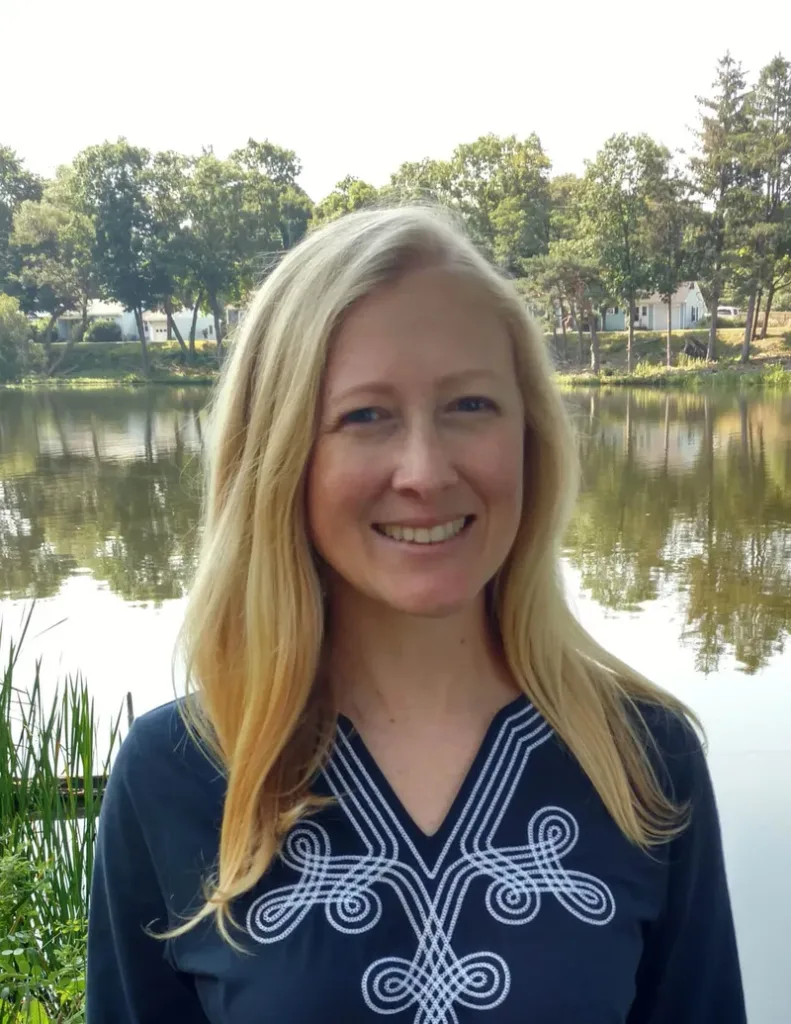
By: Marta Brill
Alumni Profile: Carrie Jenks
Why did you choose SFS as a study abroad program?
I wanted to find a program that allowed me to travel while also learning marine biology. I had been interested in environmental policy, and the SFS programs considered all the factors that affect environmental issues—the biology/ecology; human nature; politics; and economics.
What did you gain from your SFS experience?
I learned how to approach complex problems and appreciate all aspects of the debate. For example, my Directed Research project in the Turks and Caicos focused on the spiny lobster and conch fisheries. The less complicated part of the project assessed the health of the fishery; the harder challenge was understanding what solutions were reasonable given the historic practices and economic needs of the fishermen.
What is your most profound or lasting memory from your SFS program?
In the TCI, it’s diving along the wall, the peacefulness of each dive, and the beauty of night dives…In Mexico, I will always remember camping on the beach. For both semesters, the feeling of experiencing the environment without the more obvious impacts of tourism was a unique experience for me.
What advice would you give to a prospective SFS student?
Go! A semester with SFS will transform the way you think and the way you view global environmental issues.
What do you do for work?
I work at M.J. Bradley & Associates (MJB&A), which is a consulting firm that provides strategic and technical advisory services to address energy and environmental matters including: energy policy, regulatory compliance, emission markets, energy efficiency, renewable energy, and advanced technologies. Our clients include electric and natural gas utilities, major transportation fleet operators, clean technology firms, environmental groups, and government agencies.
MJB&A coordinates initiatives, outreach, and advocacy efforts, and provides administrative and technical services for the Clean Energy Group (CEG), which is a coalition of electric generating and electric distribution companies that share a commitment to responsible environmental stewardship. On an average day, I may coordinate public comments from the coalition to EPA or meet with EPA to discuss the group’s feedback on a specific regulation.
Right now we are working to understand and evaluate EPA’s proposed regulations of existing power plants’ greenhouse gas emissions. This is a complex but interesting regulation that has the potential to deliver meaningful emission reductions, and we are working with our clients to understand how best to drive cost-effective investments in clean energy within the legal parameters of the Clean Air Act so that the regulation can withstand the inevitable legal challenges.
What are the two most essential skills that got you to your position?
Listening well and being willing to jump into a new issue based on a client’s need.
How did your SFS experience contribute to where you ended up?
My experience at SFS shaped my education and the courses I elected in college, and it taught me to examine a problem from multiple angles. I often run into issues in my current work where stakeholder groups are looking at a problem with only one viewpoint. If we can step back and understand the various perspectives involved, a better solution can often arise.
What advice do you have for other SFS alumni looking to get into your field?
The skills you learn at SFS can be applied through a variety of jobs. I have found that the key for me is finding interesting work that can continue to evolve. It is possible to work with companies to capture business opportunities that also benefit the environment.
Related Posts

Reuniting with Tanzania: Eric Walsh’s “Reunion Flag” Keeps the Spirit Alive

Restoration on a Cinder Cone: A Syntropic Story
